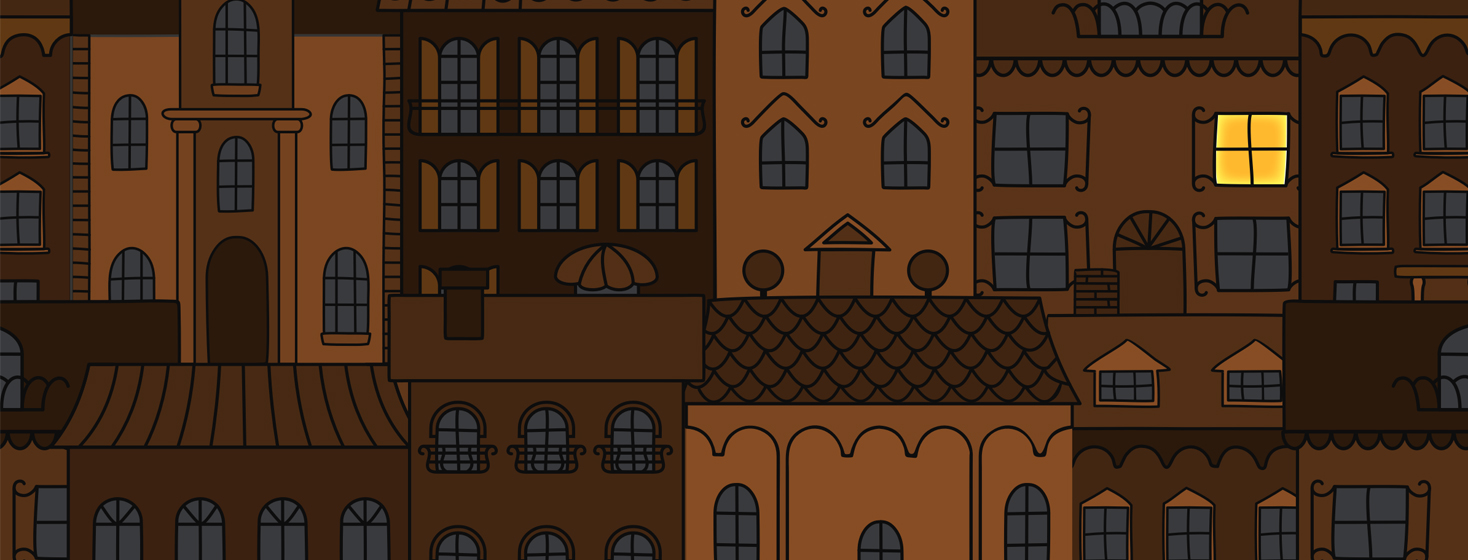Myasthenia Gravis and Sleep Disorders
Myasthenia gravis (MG) causes fatigue or extreme tiredness. At the same time, many people with this autoimmune disease have trouble sleeping. Common sleep disorders for people with MG include excessive daytime sleepiness (EDS), insomnia, restless leg syndrome (RLS), and sleep apnea. Poor sleep quality can affect the daily life and overall health of someone with MG.1-3
Excessive daytime sleepiness
EDS is a sleep disorder that tends to affect people with MG. With EDS, people feel extra sleepy throughout the day. They may even go to sleep during daylight hours.
Several factors can cause EDS. One is not getting plenty of sleep. Other sleep disorders like insomnia and sleep apnea can also lead to EDS.
A study published in 2016 found that 1 in 4 people with MG had EDS.1 Other studies have confirmed that number. Some studies have even found EDS in as many as 1 in 3 people with MG.2
Insomnia in people with MG
Some people with MG have insomnia, trouble falling and/or staying asleep. People with insomnia may wake up many times during the night or earlier than they planned to in the morning. This results in not enough sleep and poor sleep.
In the 2016 study mentioned above, 2 out of 3 people reported not getting quality sleep. Almost 45 percent reported symptoms bordering on insomnia. Slightly more than 22 percent of those in the study had an average or above average level of insomnia.1
Restless leg syndrome
RLS is another sleep disorder that disturbs the rest of people with MG. RLS causes people to move their legs a great deal while they sleep. People with RLS cannot keep themselves from doing this.
In a 2012 study, just over 43 percent of people with MG had RLS.4 The doctors leading the 2016 study noted above also looked at the level of RLS in 58 people with MG. They found that nearly 28 percent of those people had RLS ranging from standard to serious.1
Sleep apnea
Several studies have found that people with MG have greater rates of abnormal breathing while sleeping.2 This is also known as sleep-disordered breathing (SDB). Sleep apnea is a form of SDB that is known to impact people with MG.
With sleep apnea, a person stops breathing for seconds or even more than a minute while they are sleeping. This can occur over and over while the person sleeps. People with sleep apnea often snore and still feel tired when they awake.
Treatment options
Treatments exist for the sleep issues that may occur in people with MG. The treatments vary based on the sleep disorder and the person. Some people find that certain treatments work better for them than others.
Doctors can prescribe drugs to treat disordered sleep. However, some drugs can cause new sleep challenges or other bothersome symptoms. In such cases, a doctor can prescribe something else, or suggest the hormone melatonin or herbs that aid in sleep.3,5
Non-drug treatments can also help with sleep issues. These may include changes in diet, sleep customs, and how active a person is. Addressing mental health concerns like anxiety and depression can also bring about better sleep.3
Talk to your doctor about the best way to treat any sleep issues you may have. Receiving the right care can enhance your sleep and wellness. Getting the amount and kind of sleep you need can help you handle MG and enjoy your life more.

Join the conversation